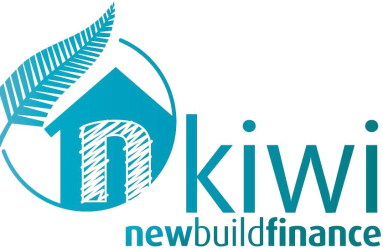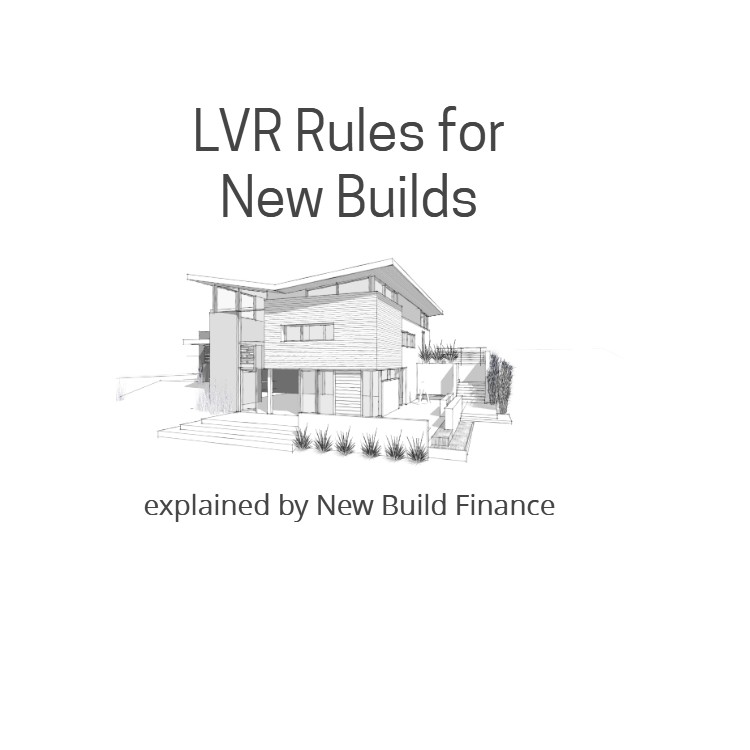Banks do not all operate with the same lending policies.
If you are building a new home or investment property then it may be important to know how much the banks will lend you.
 The industry uses the term “loan to value” or LVR for short.
The industry uses the term “loan to value” or LVR for short.
The Loan to Value ratio (LVR) is the amount of your loan compared to the value of your property and for new builds this is generally calculated using the value of the completed house on the land. For this reasons the banks will normally require a valuation on the property whereby the valuer will assess the value “as if complete” based on the plans and specifications provided. Having a valuation done for the completed house also helps confirm that you are not over capitalising on the build, or at least makes you aware of this if you are.
Reserve Bank LVR Exemption
The Reserve Bank of New Zealand introduced restrictions on loan-to-value ratios (LVRs) which are limits on banks to reduce the amount of low-deposit mortgage lending to retain the long-term health of the banking system and the economy.
Due to the shortage of houses being built, they made an exemption for new residential building.
This means that the banks have no restrictions on what they can lend to people building new houses.
The banks have the ability to lend up to 100% for new build finance if they wished to; however they don’t.
How Much Will The Banks Lend?
The banks must adhere to the rules introduced by The Reserve Bank of New Zealand but they also each have their own set of rules (lending policies) which dictate what they can lend.
The interesting thing is that the banks all have different policies, so there is quite a difference between what the banks will lend.
We put together a table to show what then main banks will lend on both owner occupier properties (homes) and on investment properties.
|
LVR on New Builds |
||
|
Owner Occupier |
Investment |
|
| ANZ |
90% |
85% |
| ASB Bank |
95% |
80% |
| BNZ |
95% |
90% |
| Co-Operative Bank |
90% |
70% |
| Kiwibank |
not provided |
not provided |
| SBS Bank |
80% |
70% |
| Sovereign Home Loans |
95% |
80% |
| Westpac |
90% |
80% |
Note: This information was last updated on 14th February 2019.
This information was provided by each of the lenders and shows the level of lending that each of the main banks is able to provide, assuming of course that the borrowers meet all of the other criteria for borrowing.
Why Use Specialist Mortgage Brokers
Most people tend to still go directly to their own bank to ask about finance for building a new home or investment property and while this may seem like the easiest place to get information, it means that you will only be provided with information that relates to that specific bank.
- If you were a customer of SBS Bank and wanted to know about new build finance for a new home then you would be told that you needed a deposit of 20% as they can only lend you up to 80%. You may not have the required deposit and therefore think that it is not possible to build your new home.
- If you were a customer of Westpac and wanted to build a new investment property then you would also be told that you needed a deposit of 20% as they can only lend you up to 80%. Again, you may not have the required deposit and therefore think that it is not possible to build a new investment property. For property investors it’s often the bank policy that restricts what they can do and if you consider the difference with a 10% deposit or a 20% deposit can mean the difference between building one investment property or two.
We know that banks have different lending criteria and as the table above shows you can build a new home with as little as 5% deposit, or a new investment property with as little as 10% deposit, but you need to know which bank to go to and how to present your application.
A specialist mortgage broker knows these things.
There are limited banks in New Zealand so it is best to have a specialist broker prepare your finance application and work with the selected bank to get the approval for you. A specialist new build broker has a better chance of getting the right finance solution for you.

